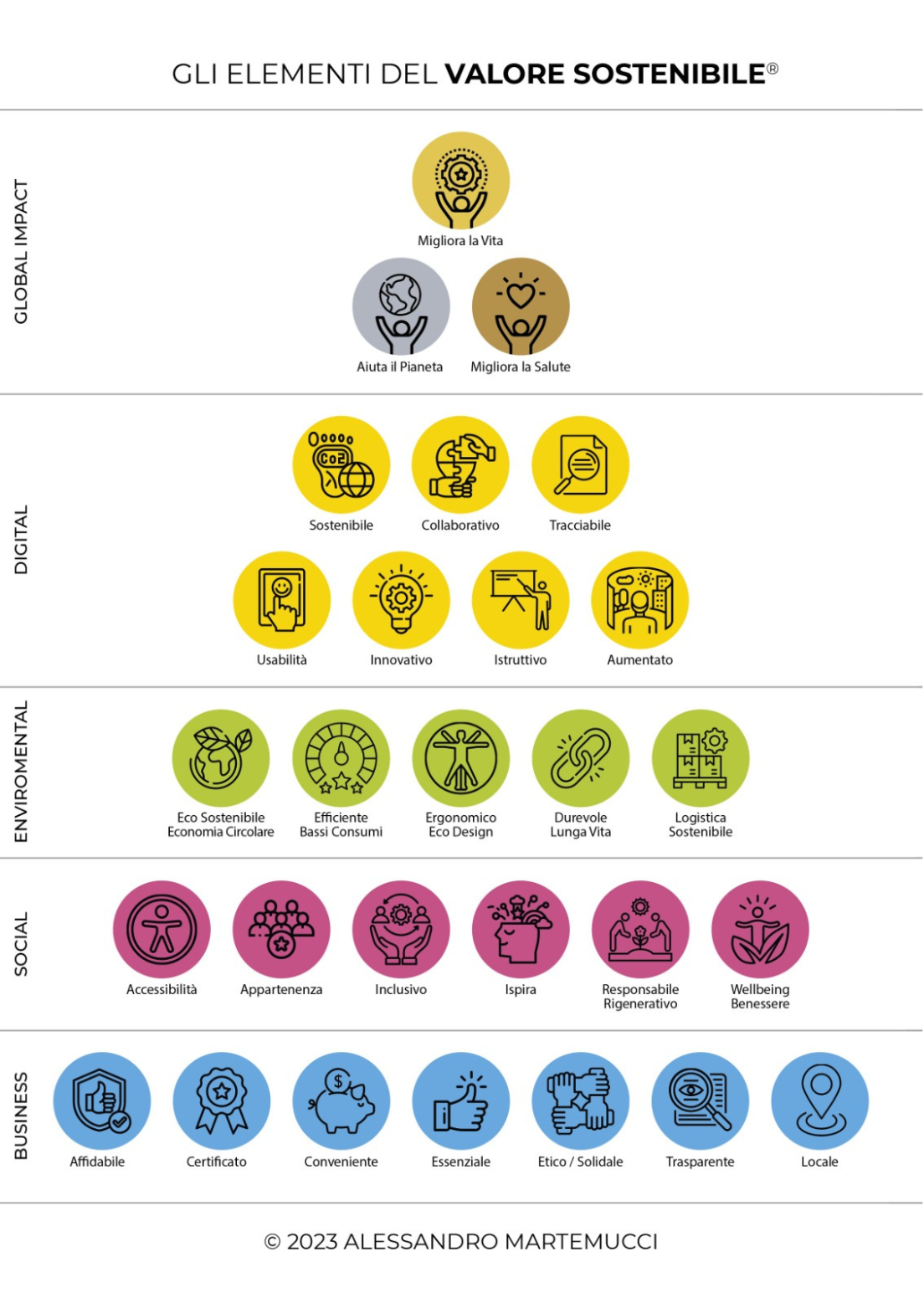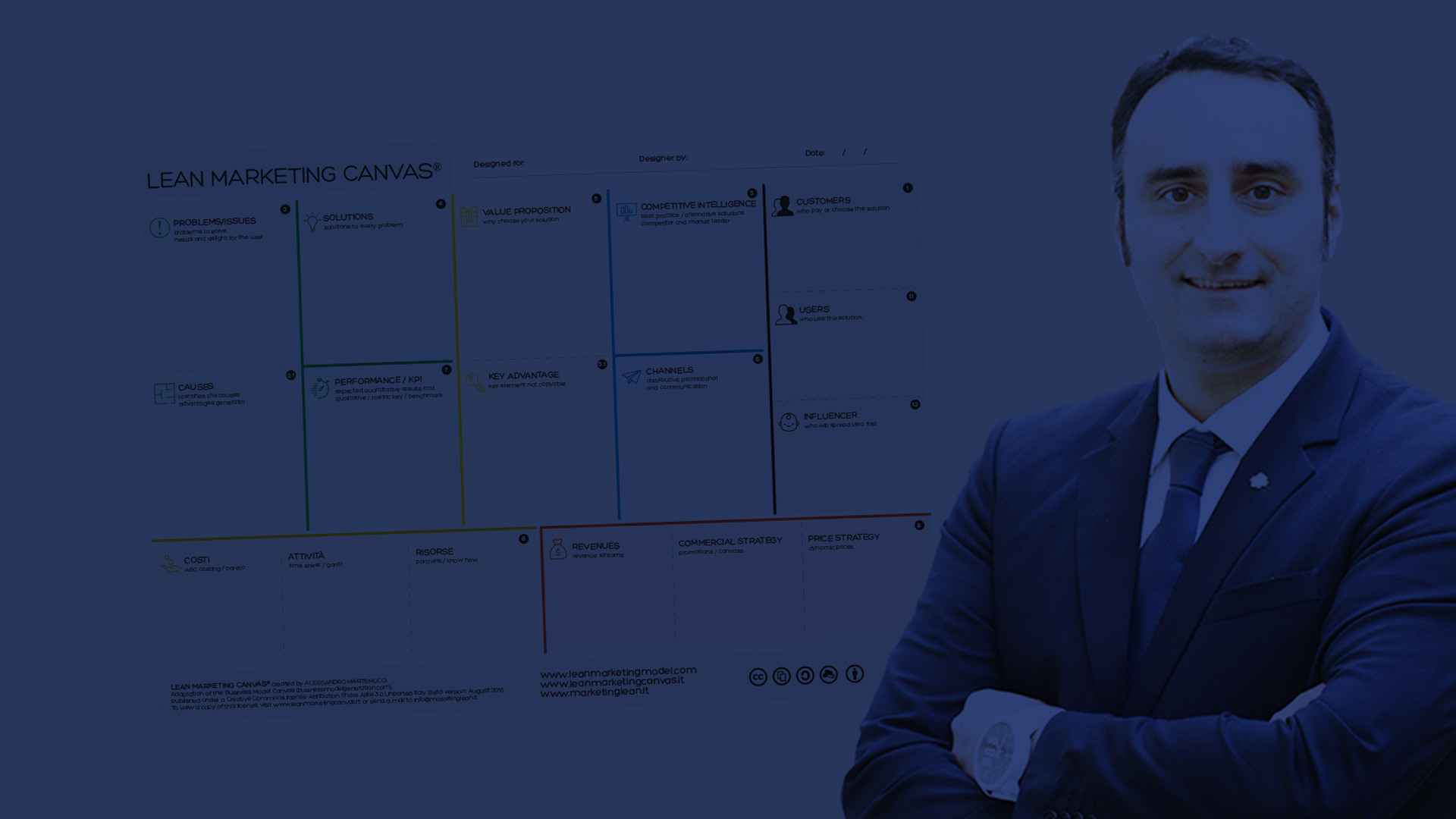A distinctive aspect of the Value Sustainable Index is its focus on innovation and digitization as key sustainability factors. It recognizes that innovation and digital technology can be powerful tools for improving accessibility, reducing environmental impact, and promoting well-being. The VSI evaluates the impact of innovation and digitization on a company or product, encouraging the adoption of sustainable technological solutions. Internet of Things (IoT), Cloud Computing, Blockchain, Artificial Intelligence, Big Data, and Advanced Analytics are now fundamental to digitalization strategies in production processes.
The transformation and digital innovation have generated numerous changes in business models and citizens' lives, and they are inseparably linked to sustainability. Both represent the central drivers of the development model of this millennium. Hence the "twin transition": sustainable development cannot occur without the contribution of the digital transition, and vice versa. As digitalization spreads along the supply chains, it can promote economic sustainability, and many of its applications have proven effective in achieving social sustainability and inclusivity. Therefore, it is difficult to assign a sustainability score to a single innovation but rather recommend its diffusion, along guidelines that consider the urgencies dictated by sustainability itself.
The Value Sustainable Index (VSI) has been conceived with the aim of providing an in-depth analysis of the sustainable impact of companies, their products or services, or their processes. It is based on the 17 Sustainable Development Goals (SDGs) of the United Nations' Agenda 2030, which represent the global objectives for sustainable development. From these goals, about 200 parameters reflecting the various dimensions of sustainability have been carefully selected and filtered at different levels. These parameters are organized into 4 main assets: Economic/Governance, Digital, Environmental, and Social. These data are scientifically analyzed and weighted to obtain an overall assessment of the sustainable value of a company, product, or process. A focus on sustainability: the Value Sustainable Index emphasizes the importance of integrating sustainability across all areas of a company.
It evaluates the impact on the environment, considering practices for managing natural resources, energy efficiency, and the impact of production processes on the ecosystem. Additionally, the VSI analyzes the social impact, assessing employee involvement, responsibility towards the external community, and equity in the supply chain. The importance of using the Value Sustainable Index for SMEs or public administration lies in providing a simple and effective tool that generates profit for the business or efficiency for the organization, without wasting resources and in a sustainable manner. Often, small and medium-sized enterprises may struggle to implement sustainable practices due to limited resources and regulatory complexity. The VSI simplifies this process by offering a clear and objective assessment of the sustainable impact of SMEs and providing suggestions to improve business practices, engage stakeholders, and reduce environmental impact. The Value Sustainable Index represents a significant step forward in the field of corporate sustainability. With the Value Sustainable Index, SMEs and public administration now have a structured yet simple approach to assess their sustainable impact and take concrete actions for the future. This index serves as a practical guide for businesses seeking to implement sustainability in all their activities and demonstrate a tangible commitment to a better world for all. It is emphasized that adopting sustainable practices not only contributes to achieving sustainable development goals but can also generate economic benefits and improve the reputation of businesses. Additionally, for each parameter, there are suggestions for improving individual performance.
The Sustainable Value Index was conceived by Alessandro Martemucci and developed by Prof. Monica Rossi from Politecnico di Milano, along with Eleonora Tritto and Emanuela Ricci, students of the Product Life Cycle Management course.
Sustainable Value is a registered trademark of Alessandro Martemucci.



